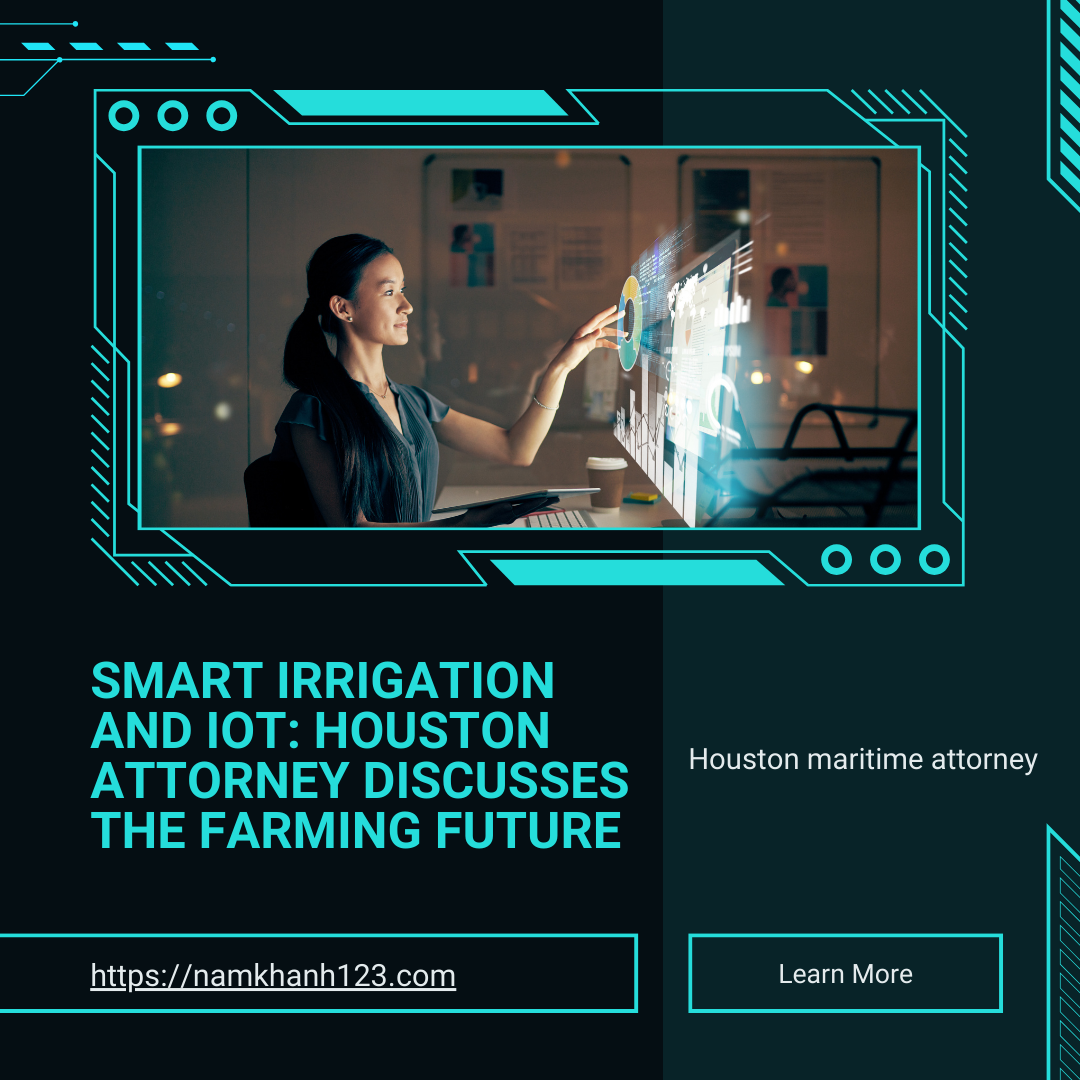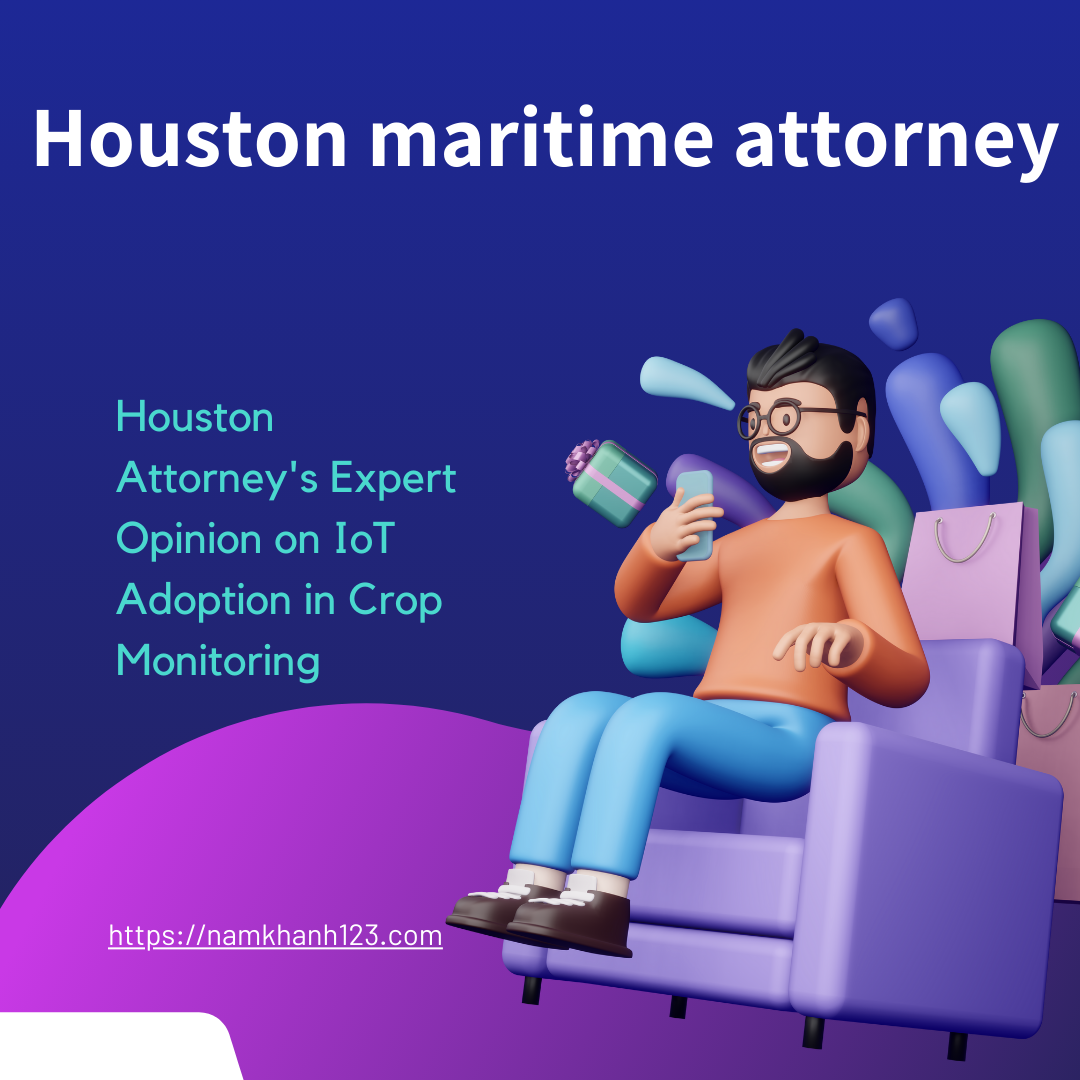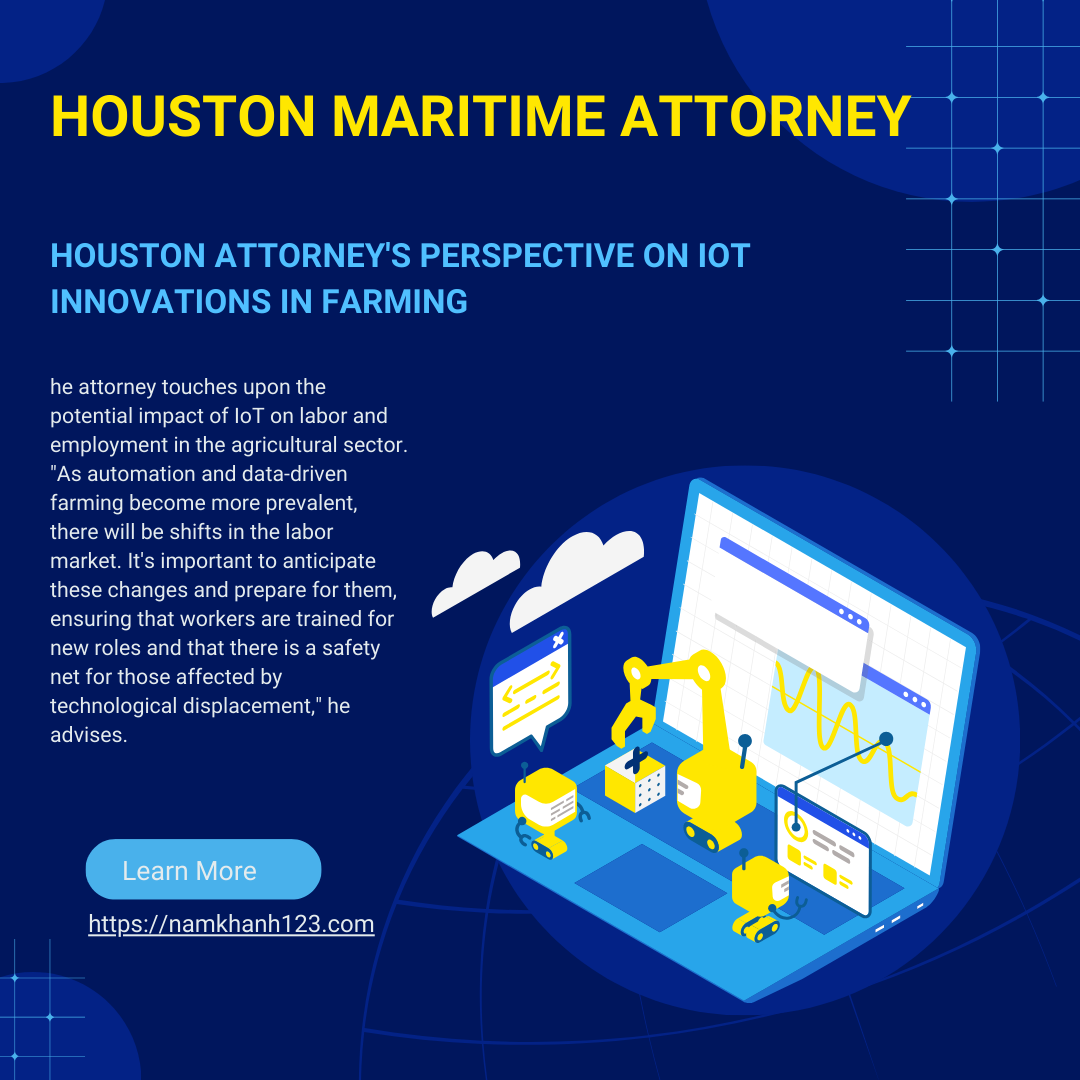In a comprehensive interview, a forward-thinking Houston attorney specializing in agricultural technology law shares valuable insights on the evolving landscape of smart irrigation systems powered by the Internet of Things (IoT). This article provides an in-depth discussion on the legal, ethical, and practical aspects of IoT in smart irrigation, illustrating how these technologies are shaping the future of farming.
The Emergence of Smart Irrigation
The attorney begins by outlining the transformative impact of IoT on traditional irrigation methods. “Smart irrigation systems represent a leap forward in agricultural efficiency and resource management. By using IoT technology, farmers can precisely control water usage, adjust to weather conditions, and optimize crop growth, all while conserving valuable water resources,” he explains.
Legal Frameworks and Compliance
A significant focus of the conversation is the legal frameworks that govern the use of smart irrigation and IoT in agriculture. “With the adoption of any new technology comes a set of legal considerations. Farmers and technology providers must navigate issues surrounding water rights, data privacy, and environmental regulations. It’s crucial to understand and comply with these laws to fully leverage the benefits of smart irrigation systems,” the attorney advises.
Intellectual Property and Innovation in IoT
The discussion delves into the realm of intellectual property, emphasizing its importance in the context of IoT and smart irrigation. “Innovations in IoT-based irrigation systems often involve substantial research and investment. Protecting these innovations through intellectual property rights is essential for encouraging ongoing development and ensuring that creators are rewarded for their contributions,” he notes.
Data Privacy and Security in Agriculture
Considering the vast amount of data generated by smart irrigation systems, the attorney highlights the critical issues of data privacy and security. “Farmers and technology providers must be proactive in protecting the data collected by IoT devices. This involves not only adhering to privacy laws but also implementing advanced security measures to prevent unauthorized access and breaches,” he cautions.
Ethical Considerations and Sustainable Practices
The article also explores the ethical implications of adopting smart irrigation technology. “While these systems can significantly enhance efficiency and sustainability, it’s important to consider their broader impact. We must ensure that the use of such technology promotes fair water distribution, supports small and medium-sized farms, and contributes positively to the surrounding ecosystem,” the attorney suggests.
The Future of Farming with Smart Irrigation
Looking ahead, the attorney discusses the future trends in smart irrigation and the agricultural sector. “As technology continues to advance, we can expect to see even more sophisticated smart irrigation systems. However, the success of these technologies will depend on our ability to address legal and ethical issues effectively. Ongoing collaboration between legal experts, technologists, and the farming community is key to a sustainable and prosperous future,” he concludes.
Conclusion
“Smart Irrigation and IoT: Houston Attorney Discusses the Farming Future” provides a thoughtful and comprehensive analysis of the intersection between smart irrigation technology and legal considerations. This article serves as a valuable resource for farmers, technologists, and policymakers seeking to understand and navigate the complex landscape of IoT in agriculture, paving the way for a future where technology and tradition converge for the greater good.



